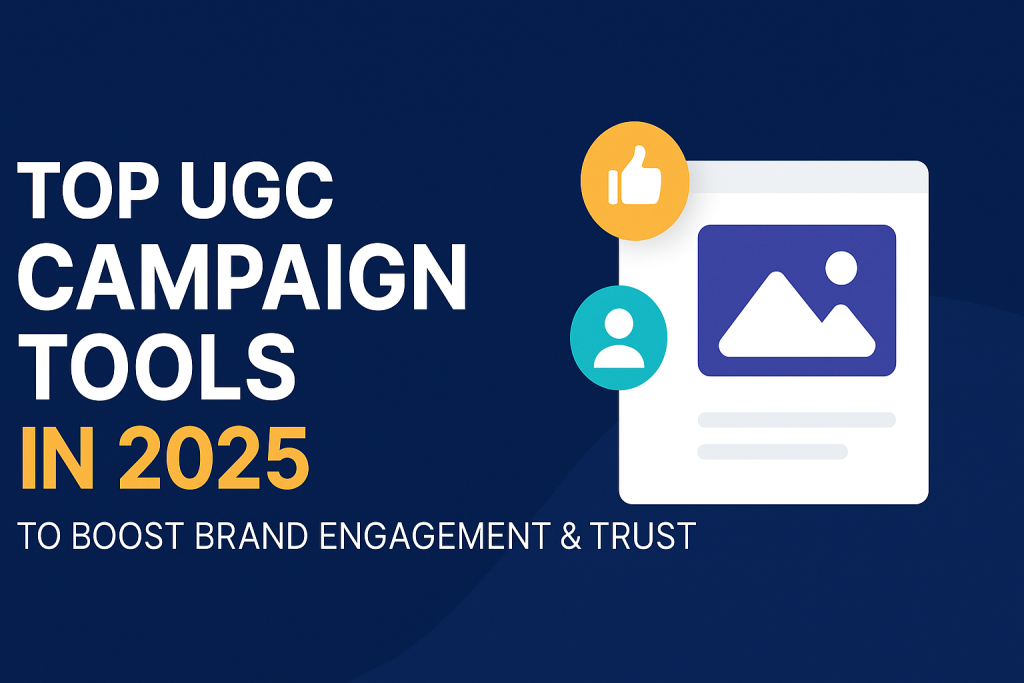In today’s digital-first world, consumers are no longer convinced by polished brand ads alone. Instead, they look for real experiences and authentic voices before making a purchase decision. This is where UGC (User-Generated Content) campaigns shine.
UGC campaigns leverage photos, videos, testimonials, reviews, and stories created by real customers. These campaigns not only build trust but also foster stronger brand-consumer relationships. In fact, 84% of people say they trust UGC more than brand-created content, making it one of the most powerful marketing strategies in 2025.
But here’s the catch: running a UGC campaign at scale is not easy. From aggregating content across platforms to managing rights, moderating posts, and tracking performance, marketers need smart tools. That’s why UGC campaign tools have become essential for modern brands.
Let’s dive into the best UGC campaign tools of 2025, their features, and how they can help your brand succeed.
Benefits of Using UGC Campaign Tools
1. Build Trust & Authenticity
UGC brings a layer of credibility. When potential customers see real people sharing experiences, it builds social proof and drives trust.
2. Save Time & Resources
Instead of manually collecting and curating content, tools automate the process—saving marketing teams hours of effort.
3. Aggregate Content from Multiple Platforms
UGC tools pull content from Instagram, TikTok, Twitter (X), YouTube, Facebook, and more—ensuring no valuable content is missed.
4. Legal Rights & Moderation
These tools simplify content rights requests and moderation, helping brands stay compliant and avoid copyright issues.
5. Boost Engagement & Conversions
By showcasing UGC on websites, ads, and emails, brands increase click-through rates, conversions, and revenue.
Key Features to Look for in UGC Campaign Tools
Before investing in a tool, marketers should check for:
- Content Aggregation – Collect UGC seamlessly from multiple social channels.
- Customization Options – Templates, widgets, and campaign designs.
- Rights Management – Secure permissions from creators for safe usage.
- Moderation Filters – Approve or block posts easily.
- Analytics Dashboard – Track engagement, conversions, and ROI.
- Integration – With eCommerce platforms (Shopify, Magento, WooCommerce), CRMs, and marketing tools.
- Scalability – Ability to handle small campaigns or global activations.
Best UGC Campaign Tools in 2025
Here’s a curated list of the top UGC campaign tools brands are using this year:
1. Taggbox
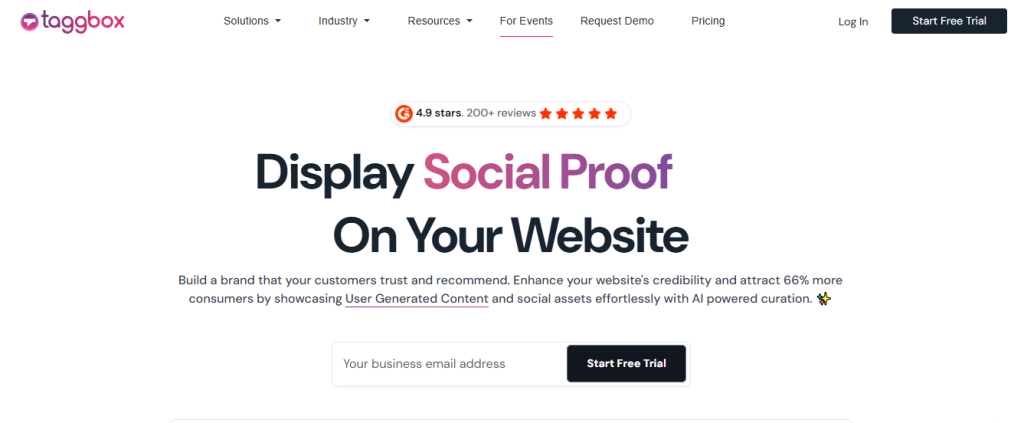
Taggbox is a powerful UGC platform that helps brands create, manage, and scale UGC campaigns seamlessly. From aggregating content across social platforms to running hashtag contests, requesting content rights, and embedding UGC on websites or digital screens, Taggbox does it all. Its advanced analytic tools let brands measure engagement and ROI effectively. With integrations for Shopify, HubSpot, and more, it’s perfect for both eCommerce and enterprise-level brands.
2. Stackla (by Nosto)
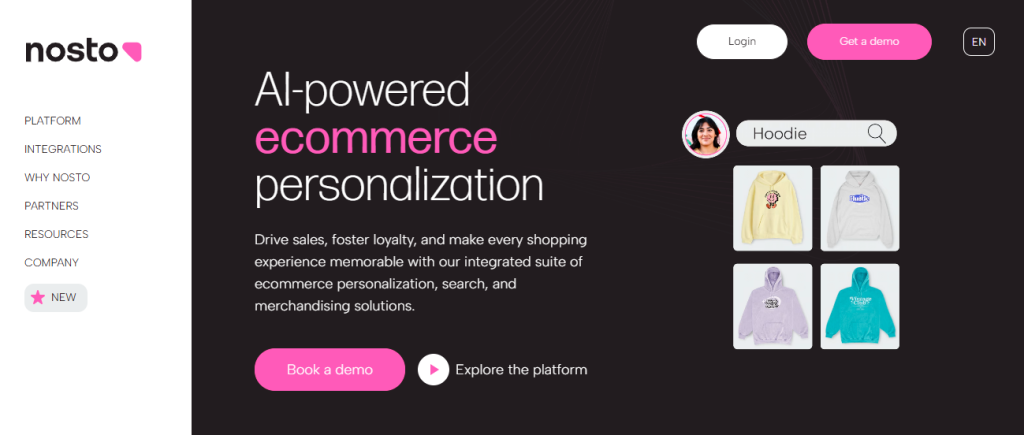
Stackla uses AI to recommend the most relevant UGC for different audience segments, making personalization at scale possible. It’s widely used in industries like retail, travel, and lifestyle, where visual storytelling is crucial. The platform offers smart rights management, curation, and real-time publishing.
3. Bazaarvoice
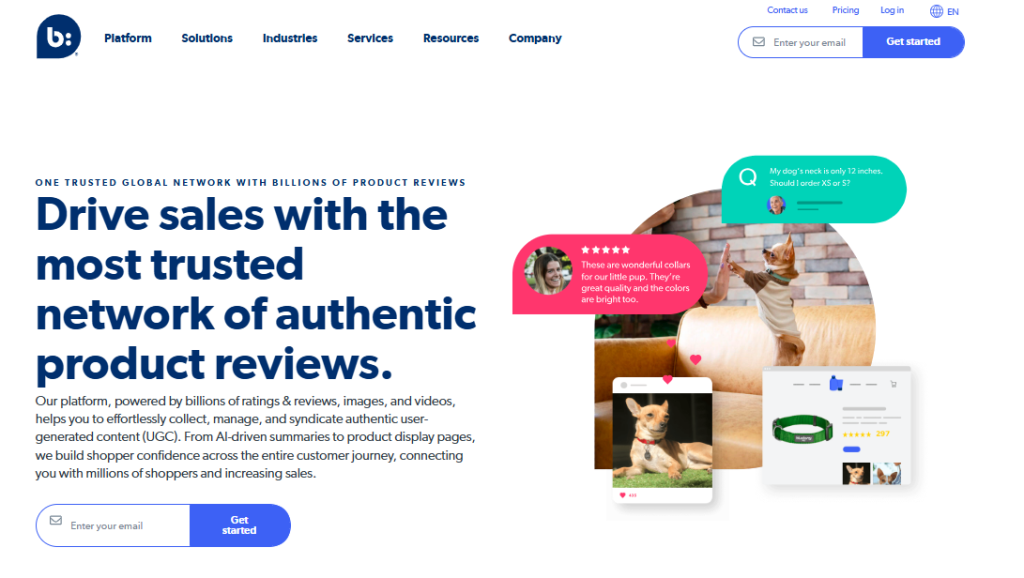
Best known for reviews and ratings, Bazaarvoice also supports large-scale UGC campaigns around social proof. It helps brands collect customer photos, videos, and testimonials and display them across websites and product pages. This boosts trust and significantly impacts purchase decisions, especially in eCommerce.
4. Pixlee TurnTo Emplifi
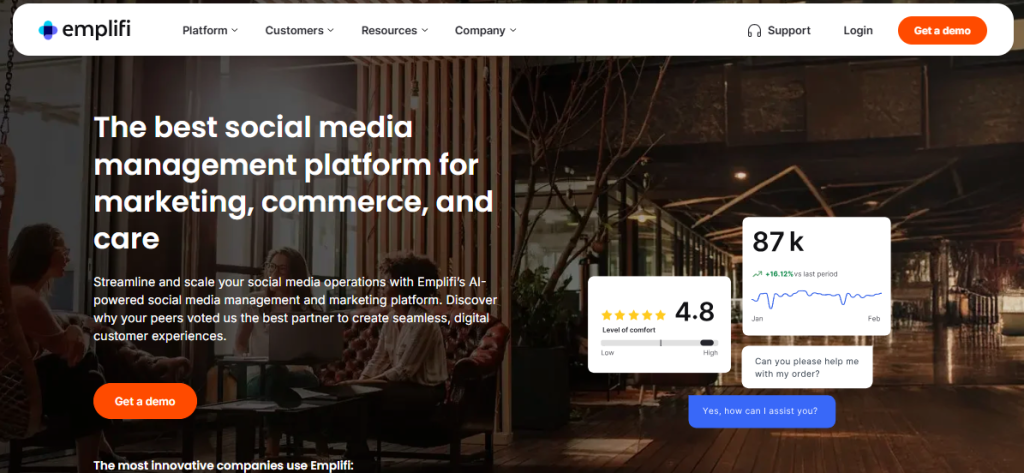
Pixlee TurnTo combines UGC with influencer and creator marketing. Brands can run integrated campaigns by collecting UGC, managing creator collaborations, and showcasing reviews—all in one place. This makes it a solid option for fashion, beauty, and lifestyle brands.
5. Yotpo
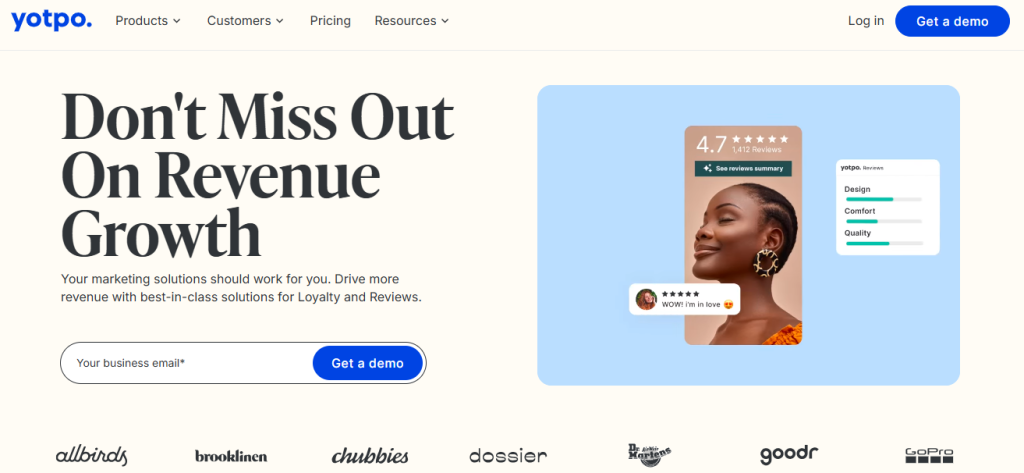
Yotpo is a UGC-driven marketing platform primarily known for reviews and ratings. It enables brands to build campaigns showcasing authentic customer content alongside loyalty programs and SMS marketing. For eCommerce stores, Yotpo is a strong tool to build trust and drive conversions.
6. Crowdriff

Crowdriff is tailor-made for travel and hospitality brands. It allows destinations, hotels, and tourism boards to run UGC campaigns that inspire travelers. With features like rights management and content libraries, Crowdriff makes it easy to find and publish travel-focused UGC across marketing channels.
7. Later

Popularly known as a social media scheduling tool, Later also supports UGC campaigns by allowing brands to collect and repost customer content directly. It’s especially useful for small to medium businesses looking to streamline UGC and social content strategy in one platform.
8. EmbedSocial
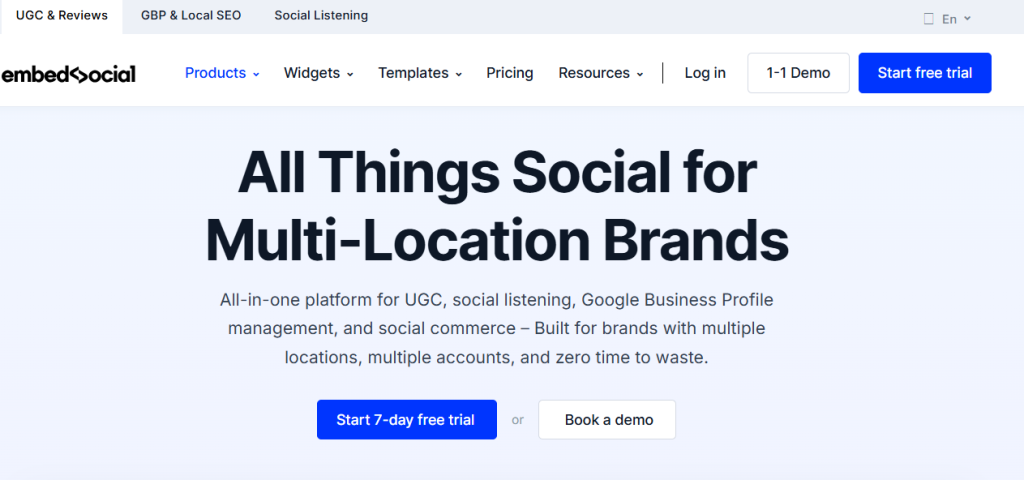
EmbedSocial provides easy solutions for collecting, curating, and embedding UGC campaigns across websites. Its simple interface and affordable pricing make it a good choice for small businesses. It also offers review collection, forms, and social media feeds in one dashboard.
How to Run a Successful UGC Campaign with These Tools
- Set Clear Goals – Awareness, engagement, or conversions?
- Pick the Right Tool – Match features with campaign needs.
- Create Campaign Hashtags – Encourage customers to participate.
- Offer Incentives – Discounts, giveaways, or recognition.
- Moderate & Request Rights – Ensure only high-quality and safe content is published.
- Showcase UGC Everywhere – Website galleries, ads, product pages, and social channels.
- Track Analytics – Monitor engagement, impressions, and conversions to measure success.
Real-World Examples of UGC Campaigns
- GoPro: Runs UGC campaigns encouraging users to share adventure videos, building a global community of creators.
- Starbucks: Their #RedCupContest invites customers to share creative holiday cup photos, generating massive seasonal buzz.
- Airbnb: Leverages UGC from travelers to showcase authentic experiences, strengthening brand trust.
These brands all rely on UGC tools to aggregate, manage, and amplify customer content at scale.
Conclusion
In 2025, UGC is no longer a “nice-to-have”, it’s a must-have for brands that want to build trust and connect with their audience authentically. Running these campaigns manually is time-consuming, but with the right UGC campaign tools, brands can simplify content collection, streamline rights management, and maximize ROI.
Whether you’re a small business or a global enterprise, tools like Taggbox, TINT, Stackla, and Yotpo provide everything you need to turn customer voices into powerful marketing assets.

